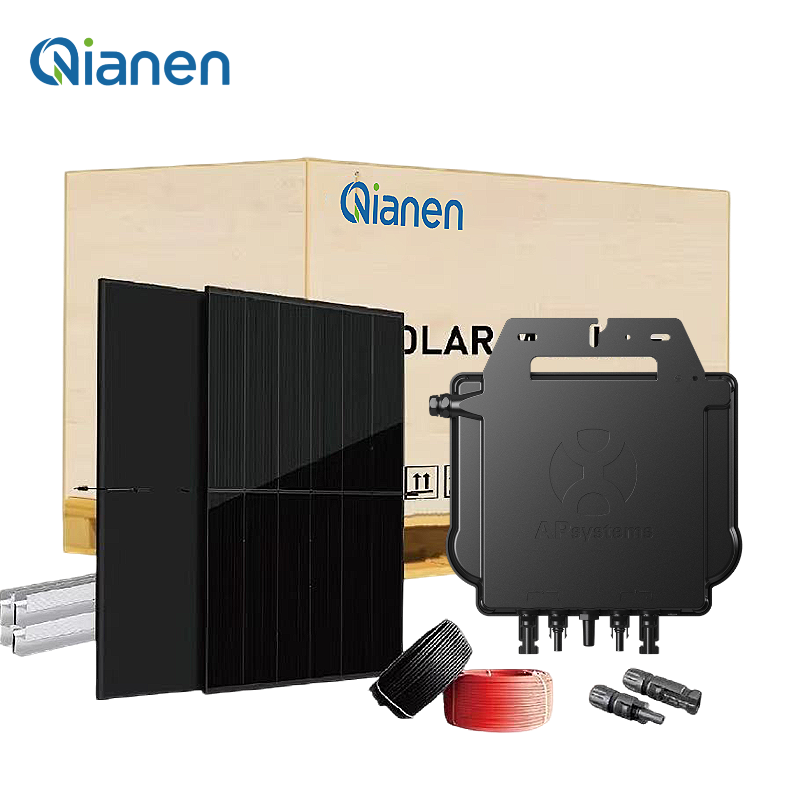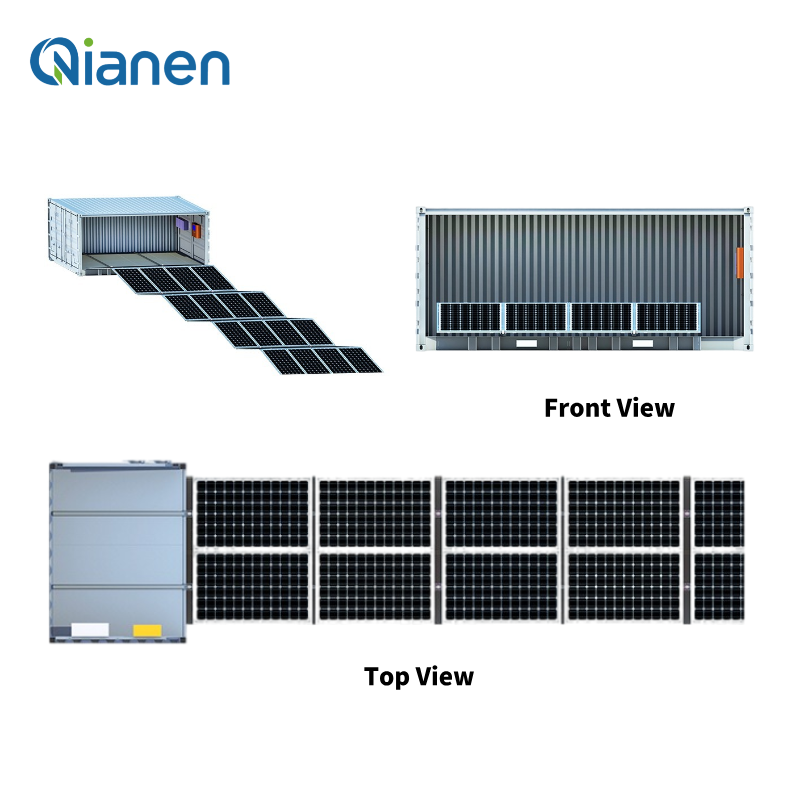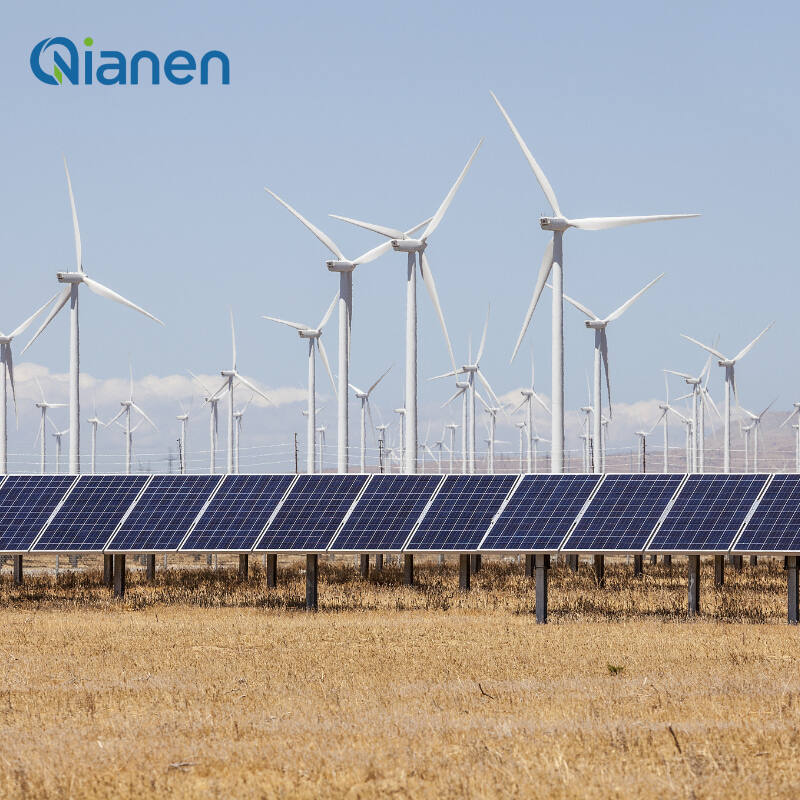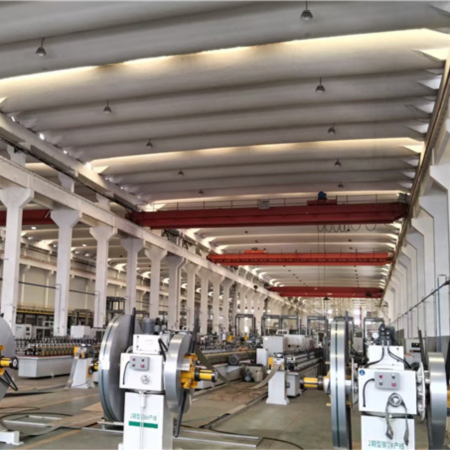Unlocking the Lasting Value of Residential Solar Power
As homeowners increasingly seek sustainable energy solutions, residential solar systems have emerged as a transformative investment that delivers benefits far beyond the initial installation. These sophisticated power generation systems harness the sun's abundant energy, converting it into clean electricity that can power homes for decades. Understanding the extensive long-term advantages of solar system benefits helps homeowners make informed decisions about their energy future.
While the upfront costs of solar installation may seem significant, the enduring rewards make it a compelling choice for forward-thinking households. From substantial financial savings to environmental impact and increased property value, solar energy systems continue to prove their worth year after year.
Financial Advantages of Home Solar Installation
Dramatic Reduction in Energy Bills
One of the most immediate and tangible solar system benefits is the significant decrease in monthly electricity bills. Homeowners typically see their energy costs plummet by 50-90% after installing solar panels, depending on their energy consumption patterns and system size. Over time, these monthly savings accumulate into substantial amounts that can reach tens of thousands of dollars across the system's lifetime.
The beauty of solar power lies in its predictability – once installed, homeowners can accurately forecast their energy costs for decades to come, protected from rising utility rates and market fluctuations. This financial stability becomes increasingly valuable as traditional energy costs continue their upward trend.
Tax Incentives and Financial Returns
Government incentives significantly enhance the financial appeal of solar installations. Federal tax credits, state rebates, and local incentives can reduce the initial investment by 30% or more. These incentives, combined with net metering programs that allow homeowners to sell excess power back to the grid, create multiple revenue streams that accelerate the return on investment.
The payback period for residential solar systems typically ranges from 5-8 years, after which homeowners enjoy essentially free electricity for the remainder of the system's life – usually 25-30 years or more. This long-term financial benefit makes solar power an attractive investment vehicle with returns that often outperform traditional investment options.

Environmental Impact and Sustainability
Carbon Footprint Reduction
The environmental solar system benefits extend far beyond individual households. A typical residential solar installation can prevent 3-4 tons of carbon emissions annually – equivalent to planting over 100 trees each year. This significant reduction in greenhouse gas emissions helps combat climate change and creates a healthier environment for future generations.
Solar power systems operate silently and cleanly, producing no air pollution, water pollution, or hazardous waste. This environmental stewardship becomes increasingly valuable as communities worldwide prioritize sustainable development and clean energy initiatives.
Resource Conservation and Energy Independence
By generating clean electricity from sunlight, solar systems reduce dependence on finite fossil fuels and help preserve natural resources. This shift toward renewable energy supports global sustainability efforts while providing households with greater energy independence. The ability to generate one's own power becomes particularly valuable during grid outages or natural disasters.
Additionally, solar power systems require minimal water for maintenance, unlike traditional power plants that consume massive amounts of water for cooling. This water conservation aspect represents another significant environmental benefit, especially in regions facing water scarcity challenges.
Property Value Enhancement
Increased Home Market Value
Research consistently shows that homes equipped with solar power systems command higher resale values than comparable properties without solar installations. Studies indicate that solar panels can increase a home's value by 4-6% on average, with some markets seeing even higher premiums. This appreciation represents one of the most significant long-term solar system benefits for homeowners.
The value addition becomes particularly relevant in markets where energy costs are high or environmental consciousness is strong. Buyers increasingly recognize the worth of a home that comes with built-in energy cost savings and environmental benefits.
Market Appeal and Quick Sales
Solar-equipped homes often sell faster than their conventional counterparts, spending less time on the market. Modern homebuyers increasingly prioritize energy efficiency and sustainable features, making solar installations a powerful selling point. This enhanced marketability provides homeowners with greater flexibility when deciding to sell their property.
The presence of a well-maintained solar system also signals to potential buyers that the home is modern and well-cared-for, potentially increasing its overall appeal and perceived value.
System Longevity and Reliability
Minimal Maintenance Requirements
Modern solar systems are engineered for durability and require remarkably little maintenance. With no moving parts in the panels themselves, the risk of mechanical failure is minimal. Regular cleaning and occasional professional inspections are typically all that's needed to keep the system operating at peak efficiency for decades.
Most quality solar panels come with warranties ranging from 25-30 years, though they often continue performing well beyond this period. This long operational life ensures that homeowners can rely on their solar system benefits for generations.
Technology Advancement and Future Compatibility
As solar technology continues to evolve, existing systems can often be upgraded or enhanced with new components like advanced inverters or battery storage solutions. This adaptability ensures that homeowners can take advantage of future innovations while maintaining their initial investment's value.
The modular nature of solar systems also allows for easy expansion as household energy needs grow or new technologies become available, providing long-term flexibility and scalability.
Frequently Asked Questions
How long do solar panels actually last?
Quality solar panels typically last 25-30 years or longer, with many systems continuing to produce significant power even after their warranty period. While efficiency may gradually decrease by about 0.5-1% annually, most panels still generate 80% or more of their original output after 25 years.
What happens to solar panels during power outages?
Standard grid-tied solar systems will shut off during power outages for safety reasons. However, systems equipped with battery storage can continue providing power to the home during outages, offering enhanced energy independence and security.
Can solar panels work in all weather conditions?
Solar panels generate electricity even on cloudy days, though at reduced efficiency. They actually perform better in cooler temperatures than extreme heat. Modern panels are designed to withstand various weather conditions, including rain, snow, and hail, while continuing to produce power throughout the year.
How does solar power affect home insurance?
Most home insurance policies cover solar panel systems as part of the home's structure, though coverage limits may need adjustment. Some insurers offer specialized coverage or discounts for homes with solar installations, recognizing their added value and durability.




